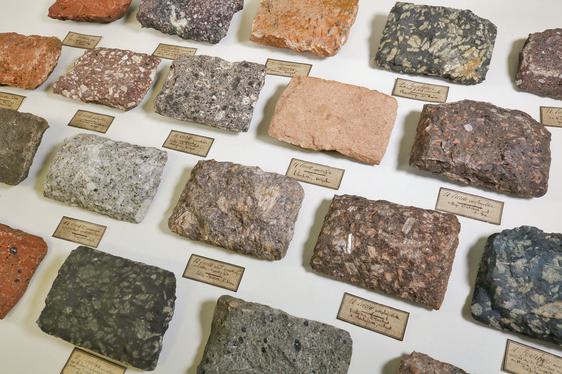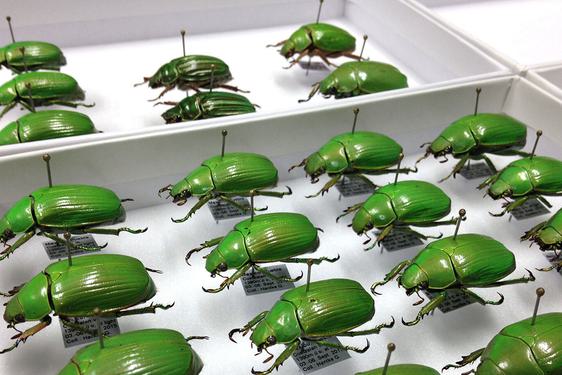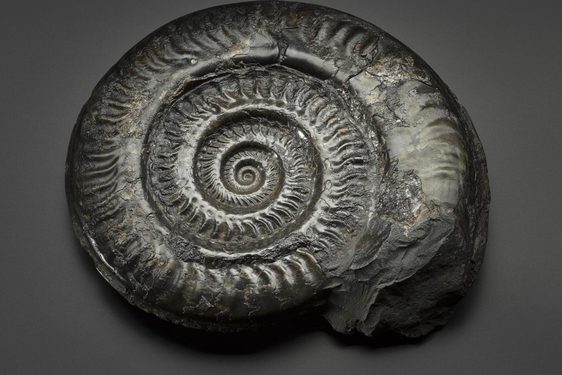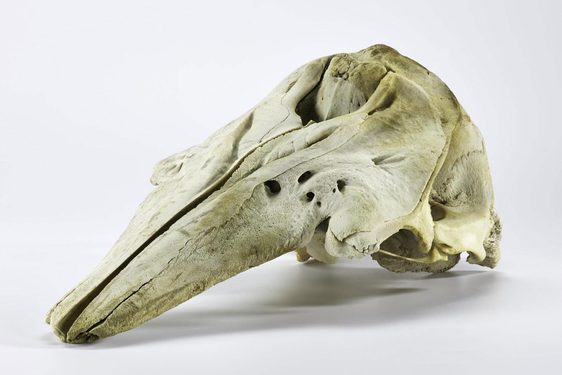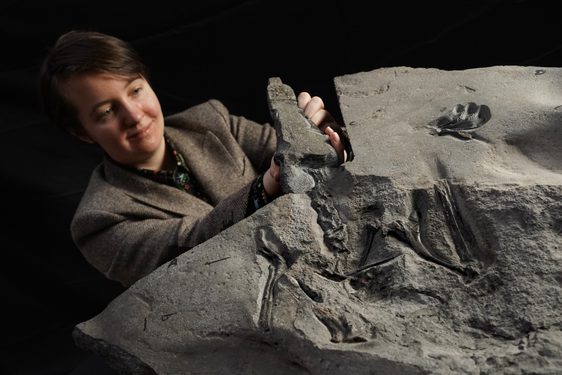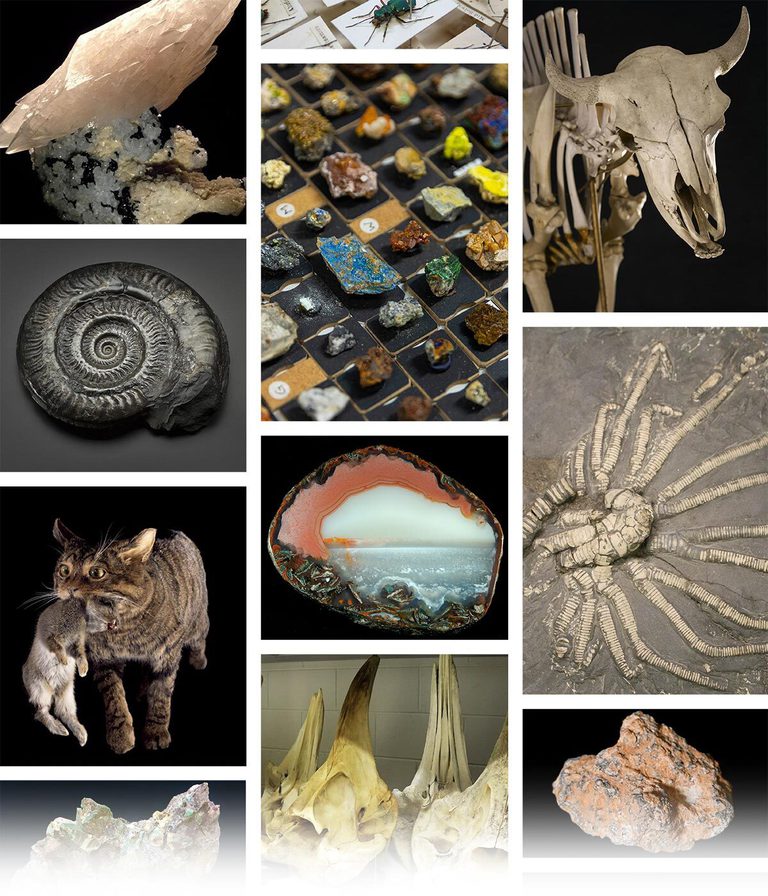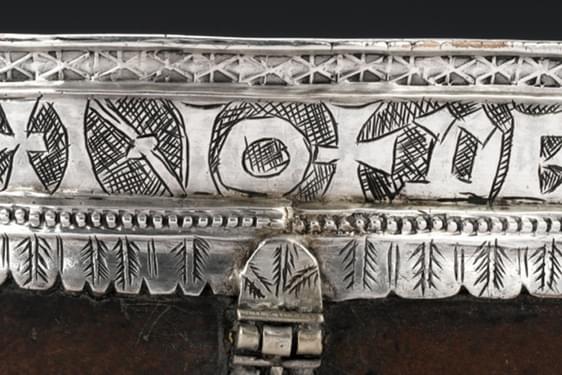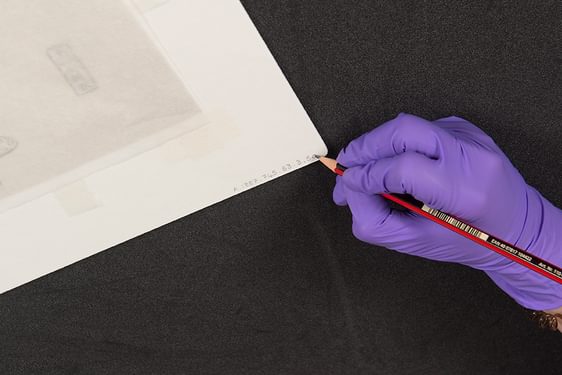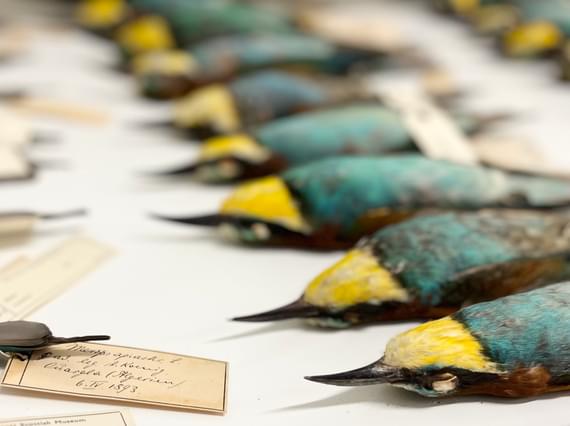
Natural Sciences
Welcome to the Natural Sciences department. We research, maintain and monitor National Museums Scotland's Natural Sciences collections.
Our collections and specimens are open to researchers for examination, and we'd be happy to help you conduct research. Please contact our staff to enquire.
Contact list of staff members
Natural Sciences department
Our collections
Our collections are global in terms of their content and most of the several million specimens held originate from efforts to better understand the natural world.
What we do
Our scientists undertake research in a number of areas ranging from phylogenetics, biometrics, biodiversity informatics, biodiversity monitoring, biogeography and taxonomy, to tectonic geomorpology, gemmology, topographical mineralogy, volcanology, palaeoecology, palaeoentomology and palaeoneurology.
Digitising natural science collections
National Museums Scotland is excited to be contributing to the development of the DiSSCo project. This is a major initiative spearheaded by the Natural History Museum to digitise and aggregate the natural sciences collections across the UK. Read more about the project.
Natural Sciences stories
- Discover
10 species spotted on the grounds of the National Museums Collection Centre
Across our sites, we're working to support the local biodiversity. Here’s a look at just a few of the species that can newly be found at the National Museums Collections centre. - Discover

Scotland's native wildlife
Scotland is home to a wide variety of wildlife. Among the most recognisable species are red deer, which are monarchs of the glen, standing proud and majestic against the skyline.Scotland is home to over 90,000 species. The land, seas, and… - Discover

Meet ‘Lizzie’, a 345 million year old fossil
In the 1980s, a very important fossil was discovered in Scotland. Named Westlothiana, the fossil got its nickname 'Lizzie' because it looked so lizard-like. But don't let the name fool you. It was thought to be the oldest known reptile,…
